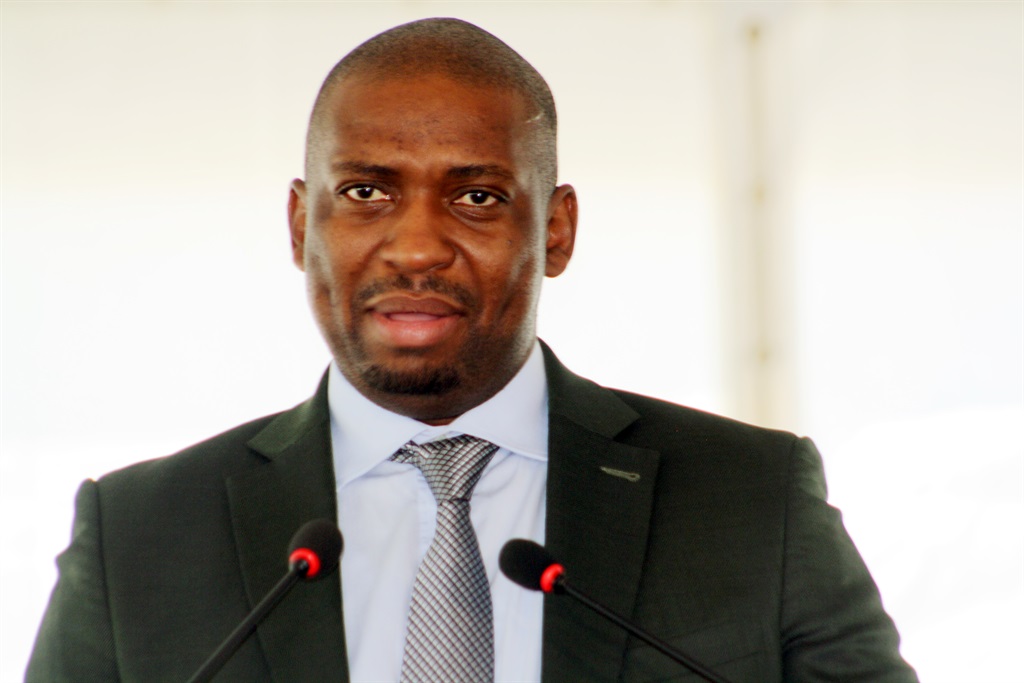
There is a positive correlation between the research output of universities and the percentage of academics at universities who hold doctoral degrees. However, just 43.8% of the permanent university instructional and research staff at South African universities held doctoral degrees in 2015. Male staff are more likely to hold doctoral degrees than female staff. White academics are more likely to hold doctoral degrees than black academics. The historically disadvantage institutions and the universities of technology generally have lower academic staff doctorate percentages.
The data shows that South Africa is clearly not where it needs to be in terms of the percentage of academic staff that hold doctoral degrees. There are also still prevailing patterns of inequality in terms of who is more likely to be qualified at the doctorate level. There is agreement across the system that efforts to increase the number of academic staff who hold doctorates must be accelerated.
It is for this reason that the department of higher education and training introduced the university capacity development programme which represents a significant contribution by the government and its partners. About R1 billion will be invested annually to support its implementation, with the bulk of the funds going to universities to support the implementation of approved university capacity development plans. The university capacity development programme is unambiguously and unapologetically transformative in nature. It seeks to transform teaching, learning, researching and leading towards enhanced quality, success and equity in universities.
The university staff doctoral programme is part of the broader university capacity development programme which is being implemented by the department and universities to strengthen capacity in three areas: student development, staff development and programme or curriculum development.
In terms of the staff development focus area, the university capacity development programme will put in place a range of initiatives to support the professional development of academic and professional staff at all levels of the academic and professional career continuum, from assisting to identify, recruit and nurture new talent to enabling capacity development of university leaders and managers.
Thus far, the new generation of academics programme has been the main university capacity development-aligned programme to be introduced in the sector. The new generation of academics programme was introduced in 2015 and it involves the recruitment of highly capable scholars as new academics to respond to the need to grow and transform the academic staff body at universities.
Eighty percent of the academics recruited through the programme must be black and/or women South African citizens.
Recruits are supported on a comprehensive six-year development programme during which they develop their academic, research and teaching expertise, including through completing relevant postgraduate qualifications and programmes. Thus far, a total of 373 posts have been allocated to universities: 125 in 2015, 79 in 2016, 58 in 2017 and 111 in 2018.
Going forward, and as part of the university capacity development programme, a minimum of 100 new generation of academics programme posts will be made available.
The programme is now firmly established in the university system.
The beneficiaries of the university staff doctoral programme are existing academics at universities, including doctoral students and supervisors, and the main purpose of the programme is to enable the doctoral students to complete doctorates in a target time of four years. A secondary purpose is to enable the development of supervisory capacity in SA universities.
University staff doctoral programme scholars must be permanently employed at a South African university, 45 years or younger, and 80% must be black and/or women.
The staff doctoral programme is implemented through tripartite partnerships between two South African universities and international universities. At least one of the universities in the tripartite partnership must be a historically disadvantaged South African university, or university of technology. A mobility opportunity for the doctoral candidates, preferably taking the form of one or more semesters of study and development at the international partner university is a compulsory component of the University Staff Doctoral Programme. Phase 1 is being implemented from 2018, and involves the recruitment of 140 scholars, and an investment of R46.9 million across 12 university partnership projects.
The department has partnered with the United States-South Africa Higher Education Network to implement Phase 1. Thus, the international universities are US universities.
The Brics Network University meeting held earlier this month adopted a declaration which stated that the network universities would collaborate to implement a staff doctoral programme. It is likely that the next phase of the staff doctoral programme will be structured as part of the Brics Network University collaboration.
The government is making significant investments in institutions and academic staff as we collectively work to build a transformed higher education system in South Africa. A system that we can all be proud of.
• Buti Manamela is deputy minister of higher education and training




 Publications
Publications
 Partners
Partners









